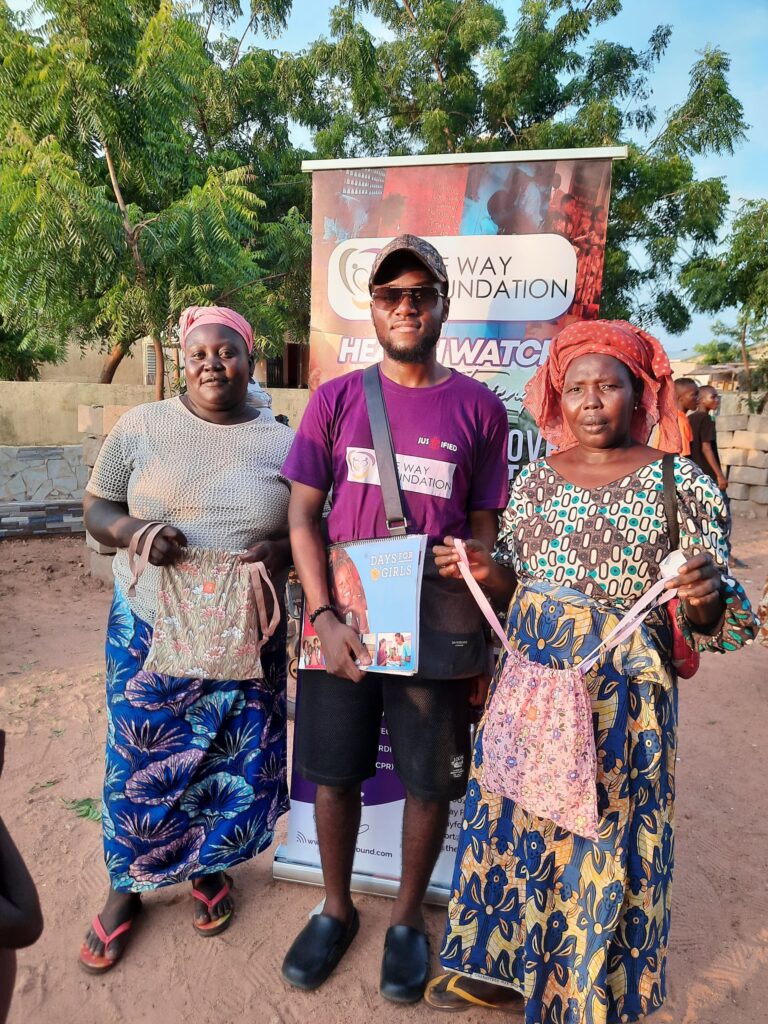Sub-Saharan Africa (SSA) has over the years been in the spotlight of health promotion interventions given the dire state of health in the region. Accounting for only about 10 percent of the world’s population, it represents about 25 percent of the global disease burden. Currently, despite the fact that infectious diseases dominate the burden of diseases in the region, SSA is seeing a vigorous demographic transition which will in turn cause an increase in the prevalence of non-communicable diseases. In effect, the already devastating health outcomes in the region are being compounded, thus, calling for aggressive innovations in healthcare delivery systems in the region.
Beginning in 2013, our founder began a journey examining the salient factors underscoring the health outcomes in the Sub-Sahara African country of Cameroon and how such health determinants affect the everyday lives of the people. During the 2013 field studies, interviews and group discussions were conducted to solicit information on the population’s perspective on how to approach health promotion within the Cameroonian in particular and by extension the SSA community as a whole.
Community members identified the following key determinants of health:
- Misappropriation of resources
- Poverty
- Cultural and traditional belief systems and practices
- Women empowerment
- Poor management of available resources
Recommendations from field study participants
- Funders should provide oversight of all programs they sponsor to ensure resources are used as intended
- Respect for traditional and cultural values
- Create awareness at community levels on the importance of community engagement in health promotion initiatives
- More women empowerment and girl child education advocacy programs
- Improvement in the social infrastructure
Lessons learned from field studies
- Achieving health equity in SSA transcends current trends in health promotion in the region
- Return to the precolonial practice in the region where health or disease was often the function of traditional, cultural, and religious belief systems with community service at the center of healthcare
- Individual choices are enhanced by a larger social context.

Reframing Health promotion Strategies in SSA
At The Way Foundation (TWF), we concur with Scottish planner and conservationist, Patrick Geddes when he states “Think globally, act locally”. We, therefore, choose to contribute to expanding access to high-quality basic health care to underserved populations in the Sub-Saharan African Region and other under-served population subgroups globally by providing empathetic, loving, and compassionate culturally sensitive services where the people live, work and play. Drawing from the recommendations of the 2013 field study, we at TWF seek to partner with local and global stakeholders in addressing the social determinants of health underscoring the health outcomes of our friends in all under-served and resource-limited communities, one community at a time.


